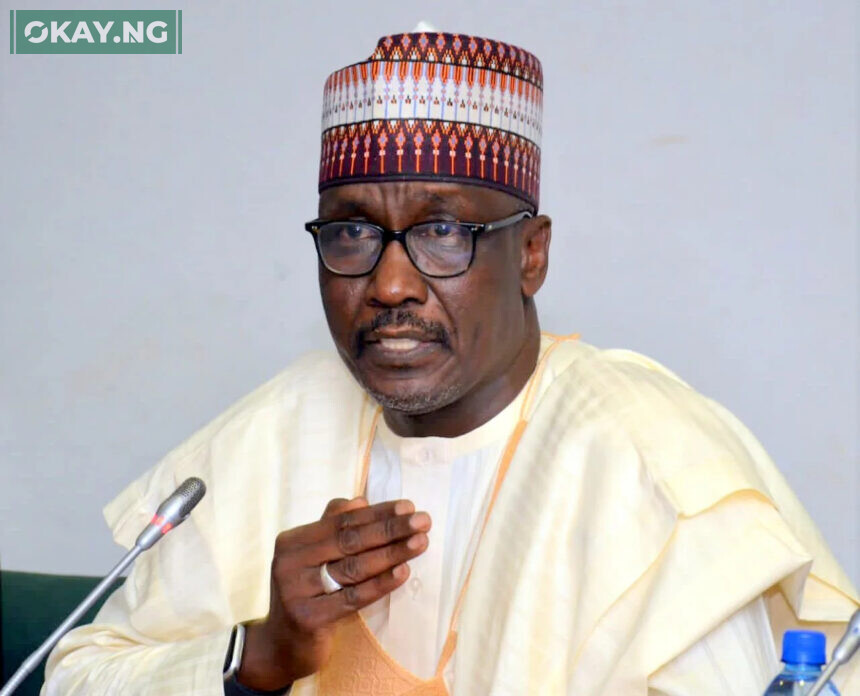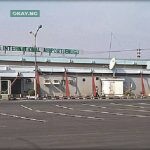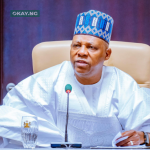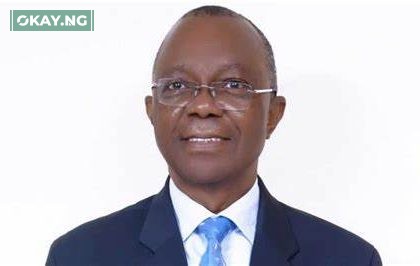The removal of fuel subsidies in Nigeria has significantly reduced cross-border smuggling of Premium Motor Spirit, according to Mele Kyari, Group Chief Executive Officer of the Nigerian National Petroleum Company Limited (NNPCL).
This development is a result of the elimination of price disparity between Nigeria and neighboring countries, which previously made smuggling highly profitable.
Before the subsidy removal, the substantial price difference incentivized smugglers to transport fuel across borders. However, with the subsidy gone, legitimate transportation of PMS has become less profitable compared to illegal transportation, reducing the appeal of smuggling.
This change has brought about price parity and equalization with cross-border prices of PMS, making it a game-changer in the fight against cross-border smuggling. For decades, the subsidy created a lucrative opportunity for smugglers to profit from the price difference between Nigeria and neighboring countries.
Research supports this claim, showing that the removal of fuel subsidies led to a significant reduction in fuel consumption, especially in border states, indicating a decrease in cross-border smuggling.
The study found that the average daily fuel movement decreased by 32% in the post-subsidy regime, with border states experiencing a 37.8% drop in fuel movement.
Overall, the removal of fuel subsidies has been a positive development for Nigeria’s energy sector, ensuring consumers pay fair prices for fuel and reducing the waste associated with smuggling.











